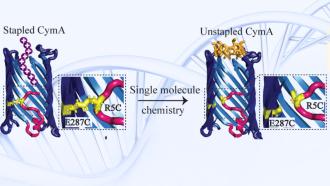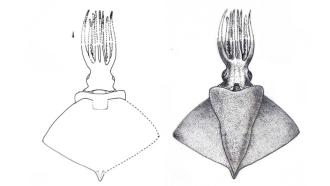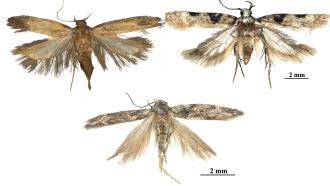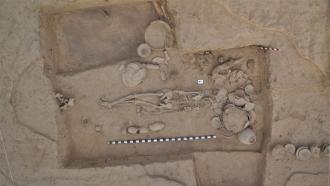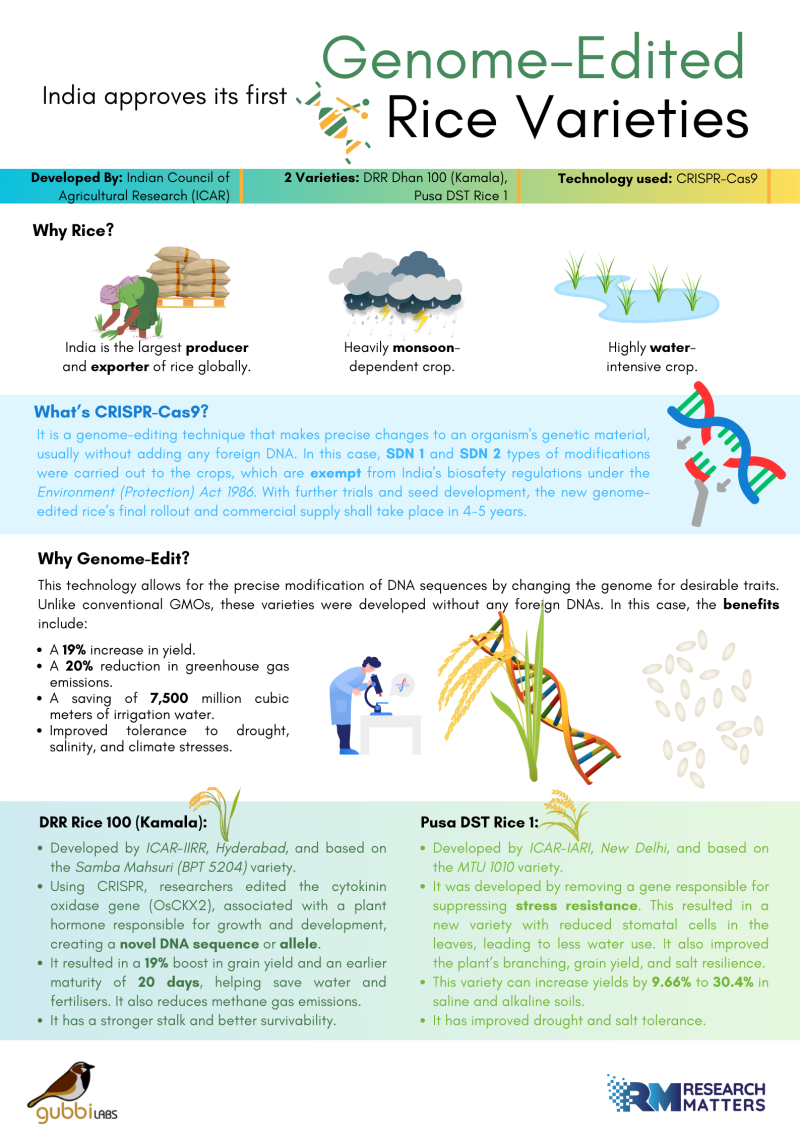
ICAR has developed two new genome-edited rice varieties – DRR Rice 100 (Kamla) and Pusa DST Rice 1 using genome-editing technology based on CRISPR-Cas9, which makes precise changes in the organism's genetic material without adding foreign DNA. Genome editing of Site Directed Nuclease - SDN 1 and SDN 2 types of genes has been approved under India's biosafety regulations for general crops.
ICAR initiated genome-editing research to improve two major rice varieties – Samba Mahsuri and MTU 1010 – under the National Agricultural Science Fund in 2018. The outcome of this research is the two advanced varieties that offer the following benefits:
• A 19% increase in yield.
• A 20% reduction in greenhouse gas emissions.
• A saving of 7,500 million cubic meters of irrigation water.
• Improved tolerance to drought, salinity, and climate stresses.
These varieties have been developed for states such as Andhra Pradesh, Telangana, Karnataka, Tamil Nadu, Puducherry, Kerala (Zone VII), Chhattisgarh, Maharashtra, Madhya Pradesh (Zone V), Odisha, Jharkhand, Bihar, Uttar Pradesh, and West Bengal (Zone III).

